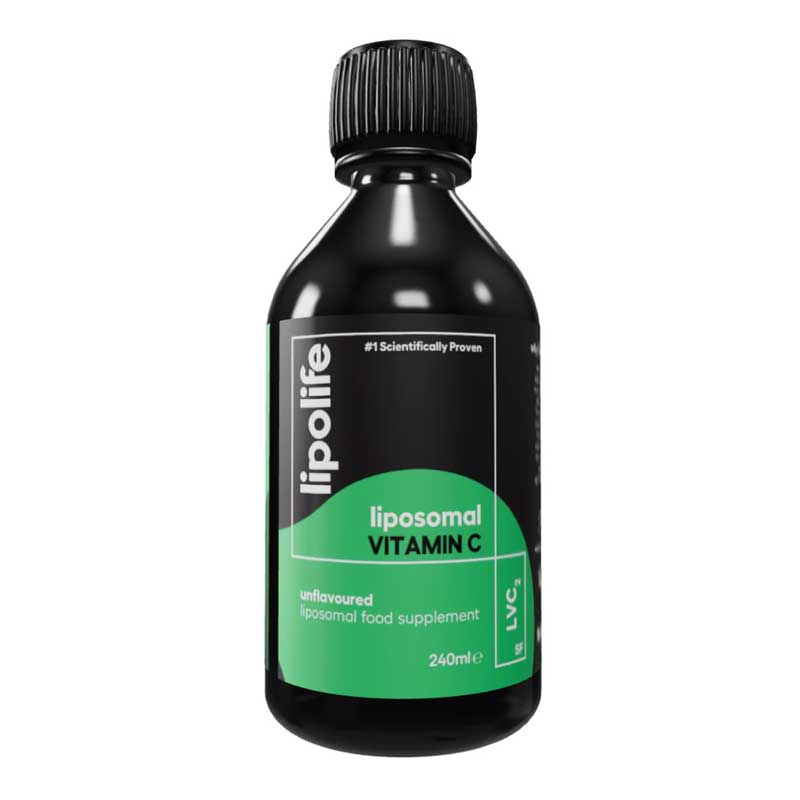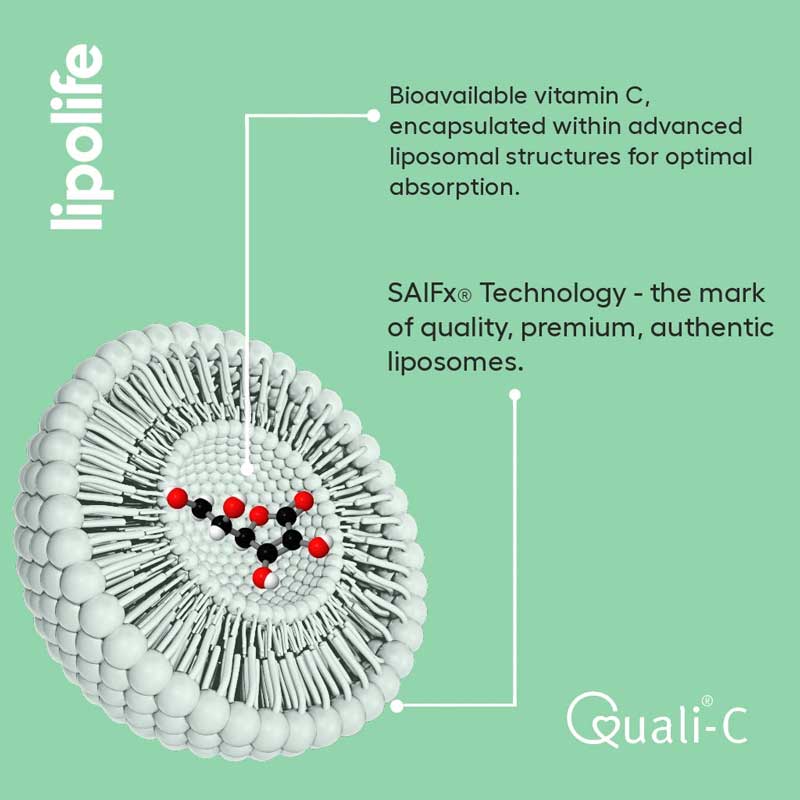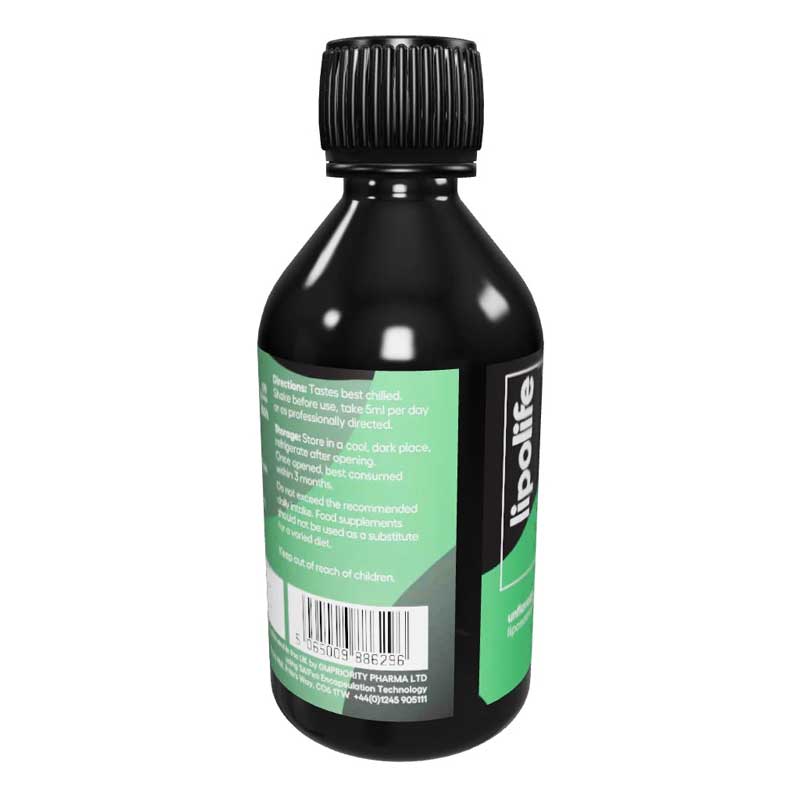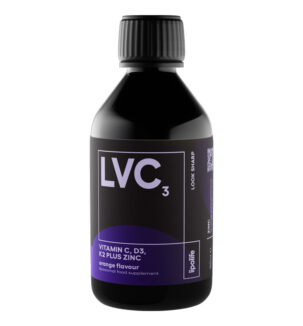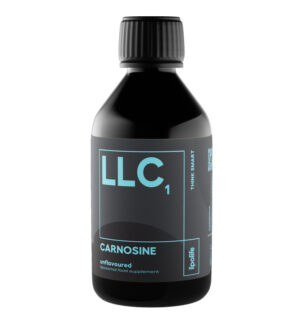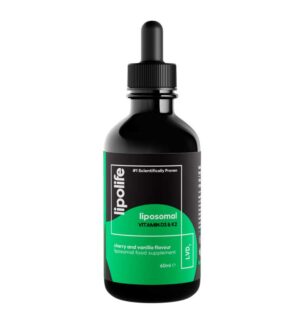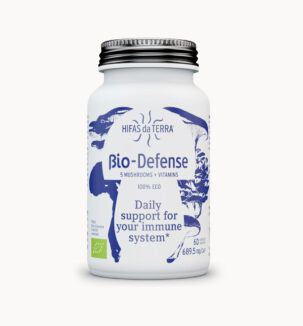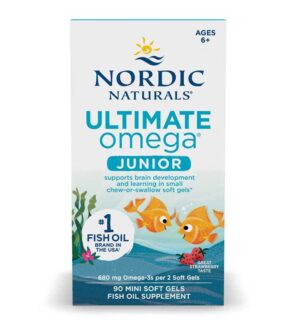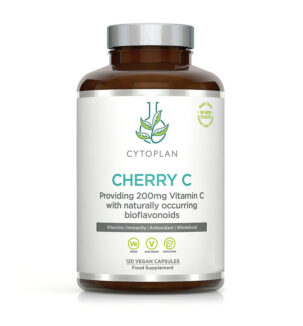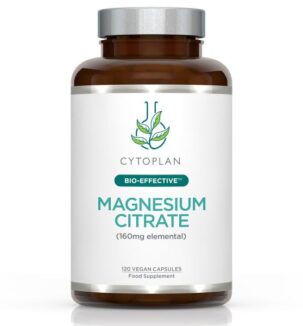Description
Vitamin C, also known as ascorbic acid, is a water-soluble vitamin found in certain foods and is also a popular food supplement. A water soluble vitamin means your body doesn’t store it so any excess is excreted.
The human body does not make Vitamin C therefore it must come from diet or supplementation. Natural and synthetic L-ascorbic acid are chemically identical and there are no known differences in their biological activity. The possibility that the bioavailability of Vitamin C from natural sources might differ from that of synthetic ascorbic acid has been investigated in at least two human studies and no clinically significant differences were observed.
Whilst Vitamin C is acknowledged as a vital nutrient for health, the majority of generic vitamin tablets are very poorly absorbed.
lipolife® Liposomal Vitamin C supplements are scientifically proven to achieve higher absorption than standard Vitamin C supplements. Manufactured in the UK by liposomal encapsulation experts, led by a world-renowned Professor in nanoencapsulation technology, lipolife® liposomal vitamin C is a global phenomenon.
After just two weeks of daily use, over 80% of lipolife® Liposomal Vitamin C users say they feel more energised.
With proven maximum absorption and superior bioavailability, lipolife® Liposomal Vitamin C outperforms any other Vitamin C supplement, contributing to normal collagen formation, reducing oxidative stress, and providing critical immune system support.
What is liposomal Vitamin C
Liposomal Encapsulation Technology (LET) is the process of filling tiny bubbles called liposomes with hydrophobic or hydrophilic substances like Vitamin C. In other words, Vitamin C is encapsulated in liposomes, which then protect the nutrient until it enters circulation and is delivered to the cells.
What is liposmal Vitamin C good for?
Vitamin C is water-soluble, this means that it is easy for your body to get rid of it as urine. As Vitamin C is a vital micro-nutrient for optimal health, it must be regularly replenished. Liposomal Vitamin C is good for ensuring high absorption as the nutrient is encapsulated. Several human trials have demonstrated greater bioavailability of Vitamin C when delivered via liposomes compared to un-encapsulated.
Is Liposomal Vitamin C really better than regular vitamin C?
If you are looking for a highly absorbable and bioavailable vitamin c the answer is simply, yes! Think of food supplements as delivery couriers – a liposome is a premium parcel service. Your digestive system, the delivery route, has the perils of stomach acid, metabolism and excretion which the “parcel” must survive. A standard supplement is largely degraded by this process and if the nutrients do reach their destination, they’re not in an optimal state. A liposome shields nutrients from the harsh digestive environment and this allows for successful delivery to the intended destination, with the contents largely unscathed.
Is the Vitamin C Natural?
As far as your body is concerned, whether the vitamin C is food-state or synthetic, it is regarded as chemically identical. There are no known differences in biological activity. There have been at least two human studies that compare the bioavailability of ascorbic acid from synthetic and natural sources. The results of these studies showed no clinically significant differences. The vitamin C we use is not food-state but rather synthesised in a laboratory from glucose which is extracted from non-GMO corn grown in Scotland.
Why are standard vitamin C supplements poorly absorbed?
Regular vitamin pills face the perils of digestion immediately upon ingestion. Your powerful digestive system breaks down and dissolves a large amount of the supplement. The pill and its contents are degraded by digestive enzymes and stomach acid. (The pH of stomach acid is 1 or 2, only slightly higher than battery acid which is capable of dissolving steel.)
As a result, often as little as 10% to 20% of the nutrient reaches systemic circulation. Which means 80% of the supplement can be destroyed before ever reaching the bloodstream and cells.
That’s an expensive visit to the toilet!



